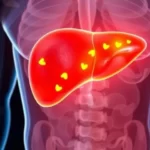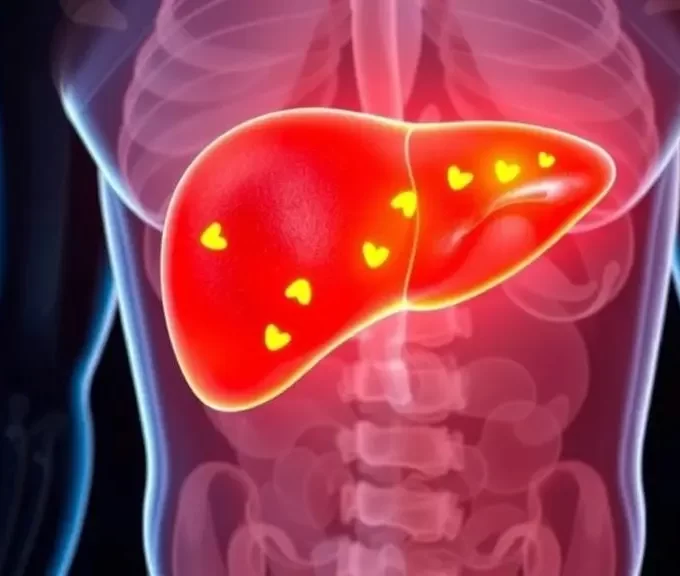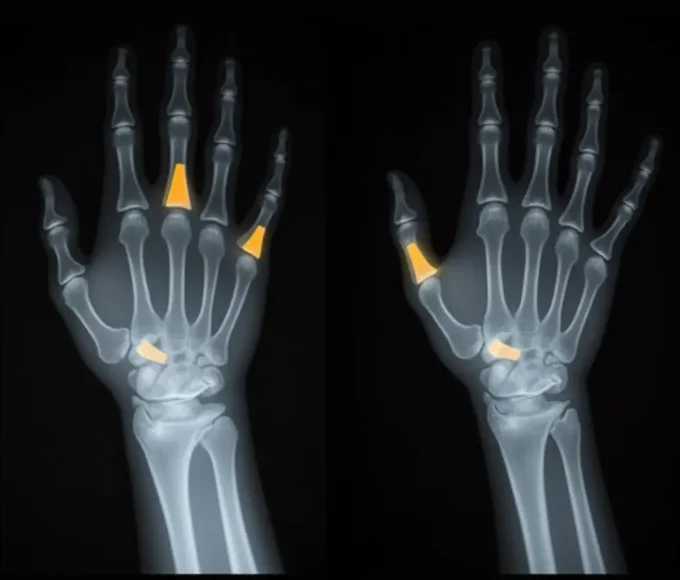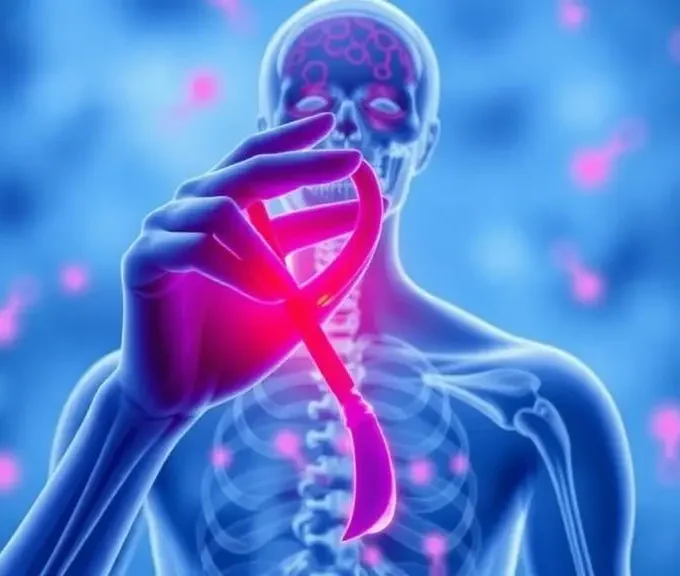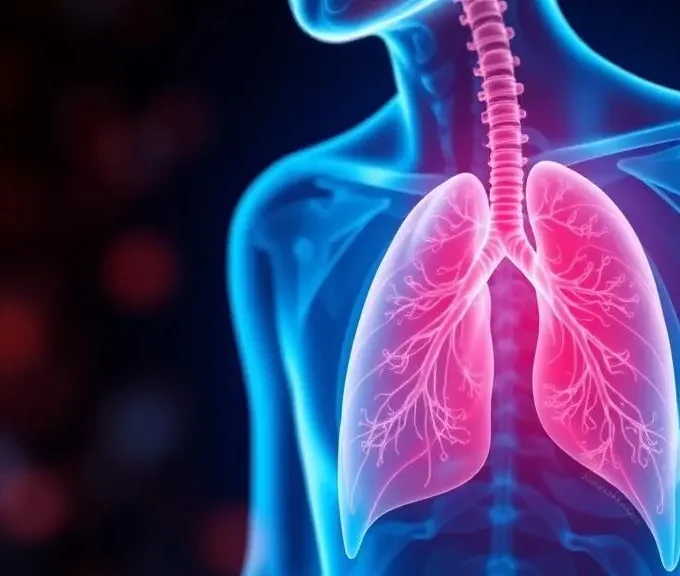Hypertension / High Blood Pressure
A blood pressure of 140/90 or higher is considered high blood pressure. Both numbers are important. If one or both numbers are usually high, you have high blood pressure. If you are being treated for high blood pressure, you still have high blood pressure even if you have repeated readings in the normal range.
There are two levels of high blood pressure: Stage 1 and Stage 2 (see the chart below).
Category Systolic
(Top number) Diastolic
(Bottom number)
Normal Less than 120 Less than 80
Prehypertension 120-139 80-89
High Blood Pressure Systolic Diastolic
Stage 1 140-159 90-99
Stage 2 160 or higher 100 or higher
Hypertension / High Blood Pressure – CAUSE
Hypertension occurs when arterioles, small blood vessels that branch off from the arteries, become constricted making it difficult for blood to pass through them. As a result, blood pressure rises causing your heart to work harder. If your blood pressure at rest stays at 140/90 or more, you may have hypertension.
Blood pressure is determined by the amount of blood pumped by the heart, and the size and condition of the arteries. Many other factors can affect blood pressure, including volume of water in the body; salt content of the body; condition of the kidneys, nervous system, or blood vessels; and levels of various hormones in the body.
Essential hypertension has no identifiable cause. It may have genetic factors and environmental factors, such as salt intake or others. Essential hypertension comprises over 95% of all high blood pressure.
Secondary hypertension is high blood pressure caused by another disorder. This may include:
adrenal gland tumors
Cushing’s syndrome
kidney disorders
glomerulonephritis (inflammation of kidneys)
renal vascular obstruction or narrowing
renal failure
use of medications, drugs, or other chemicals
oral contraceptives
hemolytic-uremic syndrome
Henoch-Schonlein purpura
periarteritis nodosa
radiation enteritis
retroperitoneal fibrosis
Wilms’ tumor
other disorders
Hypertension / High Blood Pressure – SIGNS AND SYMPTOMS
Usually, no symptoms are present. Occasionally, you may experience a mild headache. If your headache is severe, or if you experience any of the symptoms below, you must be seen by a doctor right away. These may be a sign of dangerously high blood pressure (called malignant hypertension) or a complication from high blood pressure.
– tiredness
– confusion
– vision changes
– angina-like chest pain (crushing chest pain)
– heart failure
– blood in urine
– nosebleed
– irregular heartbeat
– ear noise or buzzing
Hypertension / High Blood Pressure – HOMEOPATHIC TREATMENT
Raised blood pressure is not a disease in itself. It is just a sign of some underlying disorder. Homeopathy offers good prognosis for cases of essential hypertension. The treatment is based upon the cause and the totality of the case. Many homeopathic remedies are successfully used to control hypertension.
Homeopathy treats the person as a whole. It means that homeopathic treatment focuses on the patient as a person, as well as his pathological condition. The homeopathic medicines are selected after a full individualizing examination and case-analysis, which includes the medical history of the patient, physical and mental constitution etc.
Following homeopathic medicines have been found effective in many cases of Hypertension:
Arnica montana affects the blood and vascular system. Symptoms occur after any trauma or overuse. It is indicated for hypertension with cardiac dropsy with dyspnoea, angina pectoris, feeble and irregular pulse, cardiac asthma.
Aurum muriaticum is indicated for cardiac symptoms of varied nature, arteriosclerosis, valvular lesions and hypertension. It acts on palpitation and tachyarrhythmia.
Ignatia amara is useful in hypertensive patients of sensitive excitable nature, and helps overcome grief and worry. It is indicated for depression, nervousness, trembling, sleep disorders, constrictive feeling in throat and chest.
Natrum muriaticum is a remedy often used by homoeopaths to people with fluttering of the heart, with the weak faint feeling worse by lying down. Heart pulsation shakes the body. Losing flesh while living well.
Secale cornatum is indicated for hypertension with congestive pain in head. It also helps to alleviate dyspnoea and oppression of chest, and palpitation with intermittent pulse. Nosebleed due to high blood pressure is also controlled.
Veratrum album is indicated for collapse, weakness and extreme coldness. It covers cold extremities, cold sweat on forehead, paleness, feeble pulse, and palpitation with anxiety and rapid audible respiration.
Cactus grandiflorus acts on muscular fibres of the heart and is indicated for high blood pressure with anxiety due to heart affections, congestive headaches, constriction in the chest, acute stabbing pains in the heart and weak heart. It is also indicated for low blood pressure.
Crataegus oxyacantha is used for stage 2 and 3 hypertension and its symptoms like extreme dyspnoea and exhaustion at the least exertion, angina pectoris, valvular murmurs, irregular pulse, cyanosis, cold extremities and oedema.
Convallaria majalis increases the heart’s action and renders it more regular. It is used when ventricles are over distended or dilated and venous stasis is marked. It is indicated for dyspnoea, dropsy, tobacco heart, orthopnoea, angina pectoris, palpitation and tachyarrhythmia.
Coffea cruda is indicated for hypertension with palpitation and suppression of urination. It acts on violent irregular palpitations especially after sudden stress, intolerance of pain, restlessness and sleeplessness.
Lobelia inflata is a vaso-motor stimulant and helps to increase blood pressure. It increases the activity of all vegetative processes. It is indicated for conditions with constriction of the chest and epigastrium, leading to dyspnoea, vertigo, nausea and vomiting, and arrhythmia.
Prunus spinosa is indicated for hypertension with tachycardia, which is exacerbated with the slightest motion, dyspnoea, feeling of oppression of the chest and angina pectoris. It has been used to treat problems of urination and shooting headache.
Rauvolfia serpentina is an Indian medicine, used for hypertension without atheromatous changes in the vessels in the form of mother tincture.
Spartium scoparium is used as palliative to combat arterial hypertension in large doses of mother tincture.
Valeriana officinalis is indicated for over-sensitiveness, nervous affections, spasms and convulsive movements of the diaphragm.
Viscum album lowers the blood pressure. It has a calming effect on palpitation and accelerated pulse. It also relieves weight and oppression of heart and dyspnoea. It is used for cardiac hypertrophy with valvular insufficiency.
Hypertension / High Blood Pressure – CONVENTIONAL TREATMENT
Medications may include diuretics, beta-blockers, calcium channel blockers, angiotensin-converting enzyme (ACE) inhibitors, angiotensin receptor blockers (ARBs), or alpha blockers. Medications such as hydralazine, minoxidil, diazoxide, or nitroprusside may be required if the blood pressure is very high.
Hypertension / High Blood Pressure – General Management
Lifestyle changes may help control high blood pressure:
Lose weight if you are overweight. Excess weight adds to strain on the heart. In some cases, weight loss may be the only treatment needed.
Exercise to help your heart.
Adjust your diet as needed. Decrease fat and sodium — salt, MSG, and baking soda all contain sodium. Increase fruits, vegetables, and fiber.





